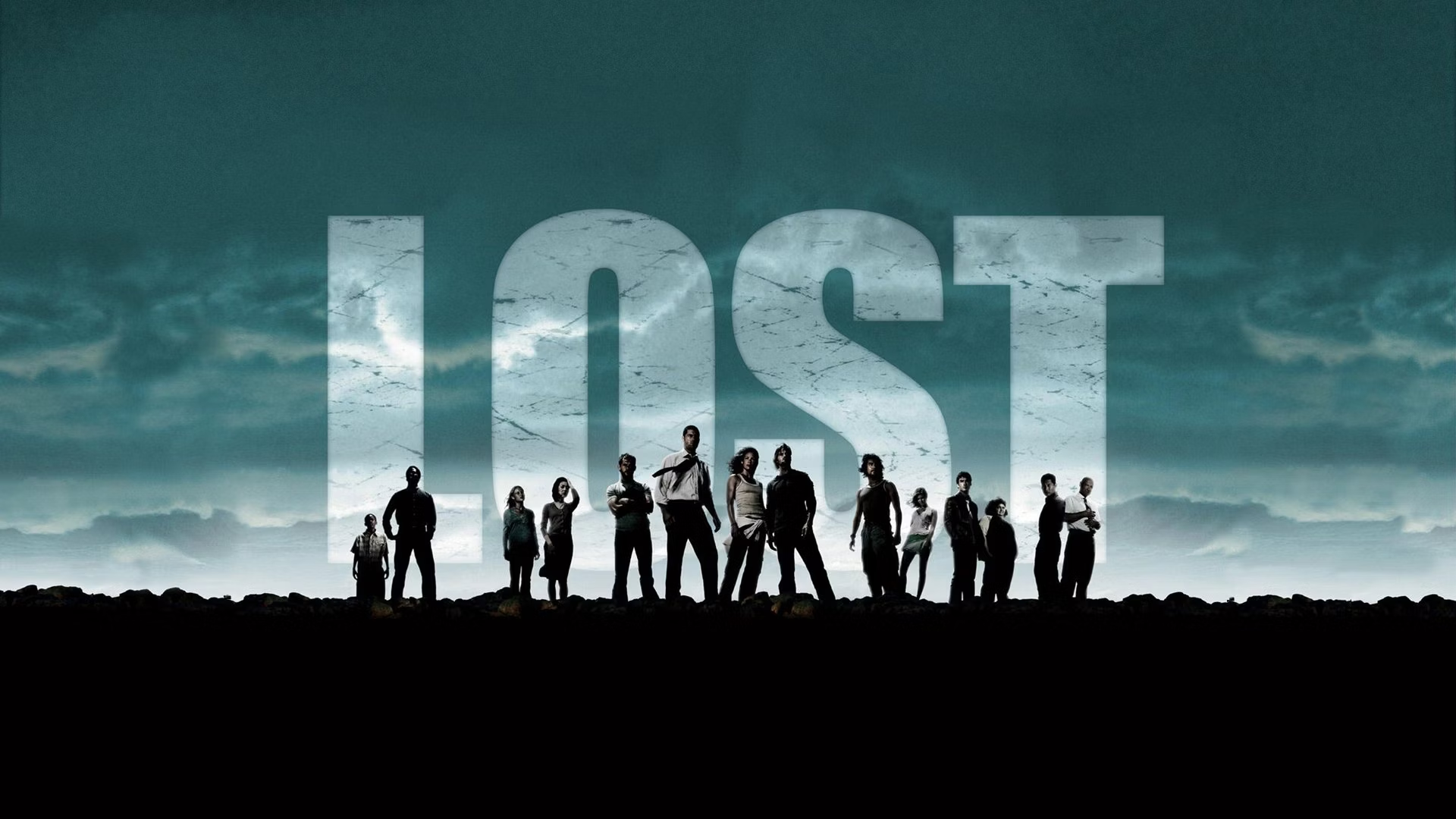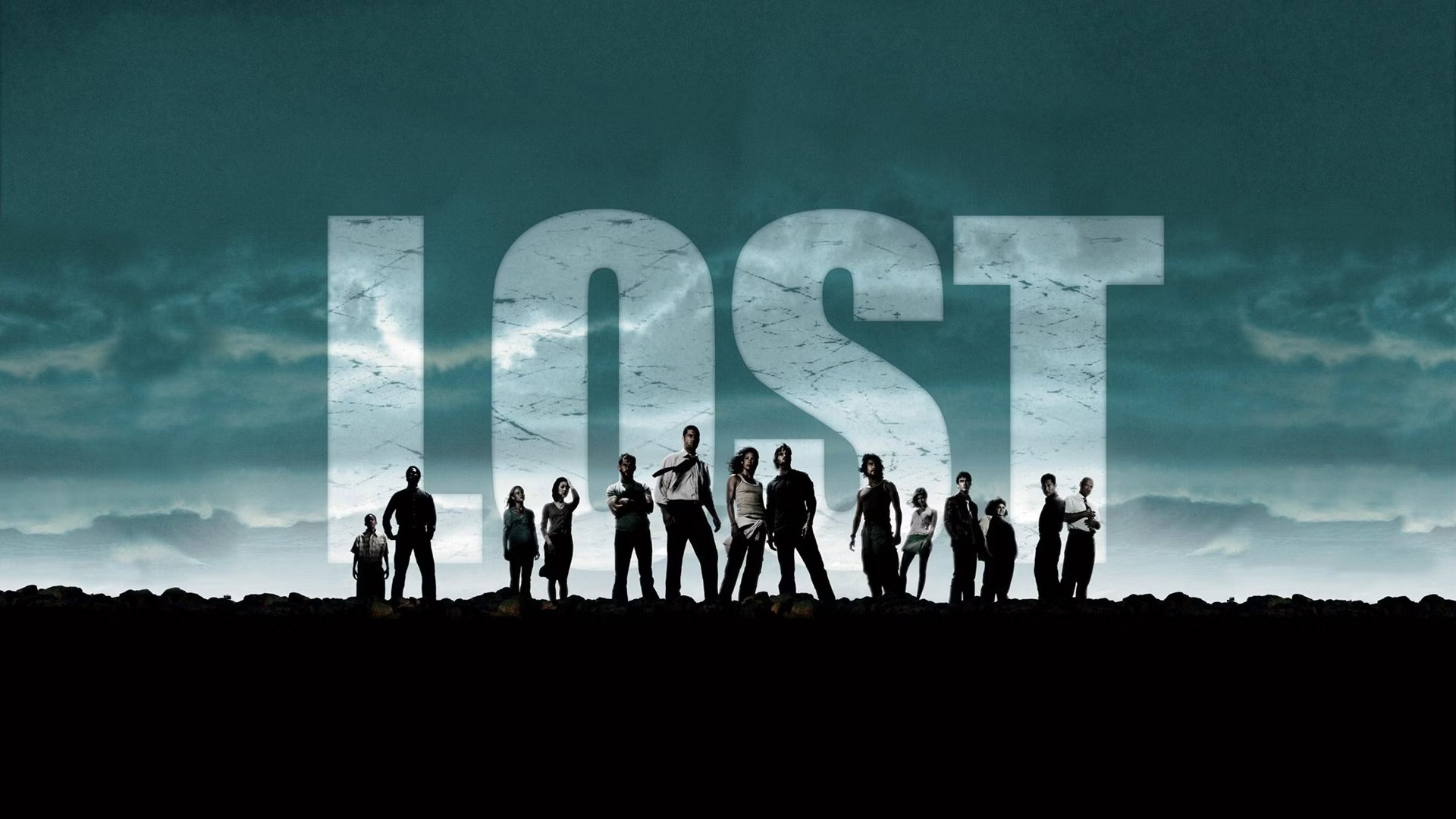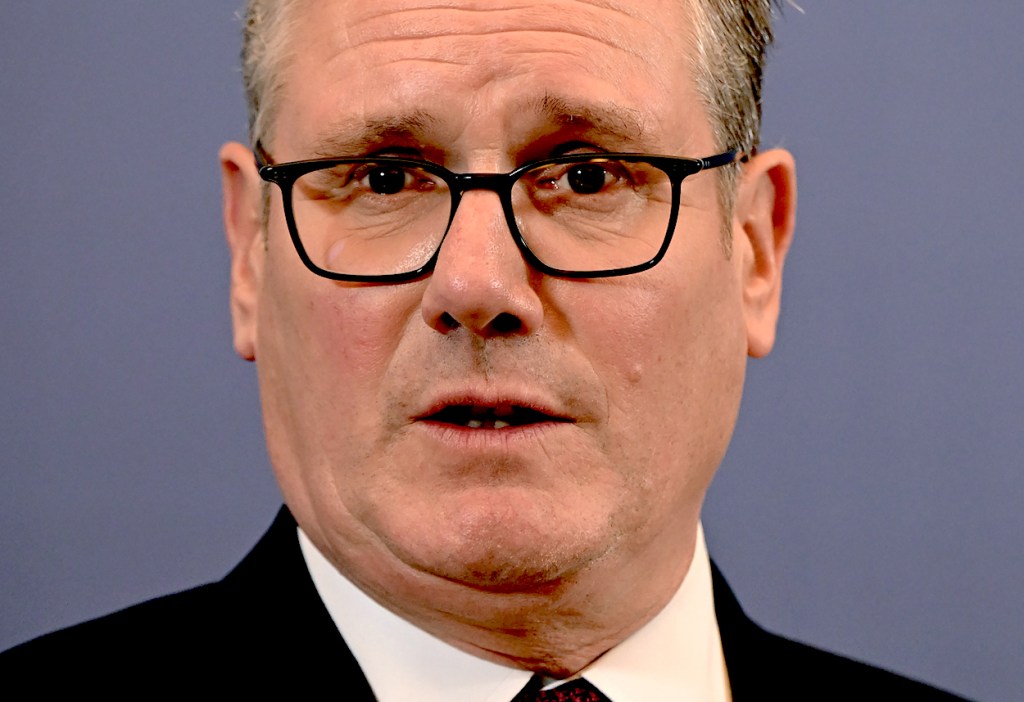It’s July 2024, and Netflix has decided we have to go back. In honour of the 20th anniversary of the pilot, all six series of Lost have been uploaded to Netflix in the US, and now younger audiences get to experience one of the biggest pop culture obsessions of the noughties for the first time. This character-driven, mythologically-rich, Emmy-winning existential island adventure was once so popular (it averaged between 11 and 18 million viewers a series) that the White House pledged not to disrupt the final season’s premiere with President Barack Obama’s State of the Union address.
I even loved the notoriously divisive finale, which didn’t necessarily resolve many of the metaphysical mysteries
I am, and always have been, a Lost super-fan. I loved its flashbacks (and flashforwards, and flash-sideways); its brazen approach to time travel; its extravagantly high concepts; its ridiculously talented ensemble cast; the producers’ complete and utter refusal to answer any questions without generating more ones. I even loved the notoriously divisive finale, which didn’t necessarily resolve many of the metaphysical mysteries, but instead focused on the characters’ relationships, which was always more important than the science or religion of the series anyway.
Part of me is genuinely excited that younger viewers are going to be introduced to some of the most iconic TV scenes of my teenage years: the discovery of the hatch; Jack and Locke’s man of science versus man of faith debate; Desmond finding his ‘constant’; Hurley and Sawyer’s friendship; the smoke monster, the numbers, the polar bears. Yet part of me is also terrified that the streaming and binge-watching model is also going to ruin what made Lost – and the Golden Age of Television – so special. For example, within days of Netflix’s announcement, Vulture had already published a listicle of Lost episodes you can ‘safely ignore’ because they ‘lack character growth, mythology, plot development, or supernatural activity’. To paraphrase John Locke, don’t tell me what I can or can’t do! Skipping Lost episodes is sacrilege; sure, we aren’t used to 25-episode series anymore, but every minute matters, and fast-forwarding through scenes would be like trying to solve a crossword puzzle without the clues.
Here’s the thing: Lost as a series was the very antithesis of the current Netflix marketing strategy, because it was designed to be watched on a week-to-week basis. The downtime between episodes actually made the viewing experience even richer; its ambiguity and constant twists and turns required regular recapping, reviewing, analysing. In other words, it basically invented internet discussion of TV shows in the age before Twitter. For example, there was the popular Lost podcast with Jay and Jack, which dissected every episode with precision even Benjamin Linus would be proud of. There were numerous discussion forums, including DarkUFO, where fans could hunt for Easter eggs and other conspiracy theories; there was the ridiculously detailed Lostpedia, with over 6,000 articles, 250,000 registered users, and 150 million page views; then there was The Fuselage, a message board sponsored by creator J.J. Abrams himself, which frequently held Q&As with the cast and crew.
These all-involving, highly-entertaining, community-like experiences were as crucial to the Lost experience as watching the show itself. It somehow seems wrong just to be able to breezily click ‘next episode’ and not have to endure a week of obsessing and theorising and stewing and venting, or wait years before any semblance of resolution. The kids don’t know how easy they have it.
The sad truth is that Lost as we know it would probably never even have been made nowadays. The over-saturation of content and shortened attention spans of binge-watching culture means the writers wouldn’t have taken certain creative risks, or included seemingly ‘inconsequential’ character-development episodes (like Jack’s tattoo flashback or the comedic subplot of Sawyer needing glasses). Data-driven algorithms would have been unlikely to promote it because it is too amorphous and genre-elusive, and Lost’s legendary cliffhangers no longer have the same power when the danger can resolve seconds later.
What younger audiences will also not appreciate about Lost is that you may have had to wait between episodes, but you didn’t have to wait between series. Lost released six series in six years; at most viewers had to wait six months in between. Compare that to the Netflix big hitters nowadays: viewers had to wait three years between series three and four of Stranger Things, and will have to wait another three years for series five. There is an average gap of 18 months to two years between the Bridgerton series, while there is still no release date for series two of Squid Game, which originally aired in 2021. So now we have this strange situation where viewers ravenously consume content in a matter of days, or even hours, that they have waited years for, which is far less satisfying than the reliable slow-burn of prestige TV.
So here’s my advice to those watching Lost for the first time: take it slow. Take your time trying to unravel the impossibly dense lore; enjoy having no idea what is going on; and avoid the Netflix trap of wanting to fast-forward to the (sometimes anticlimactic) answers. And if that doesn’t work, well I’ll see you in another life, brother.








Comments